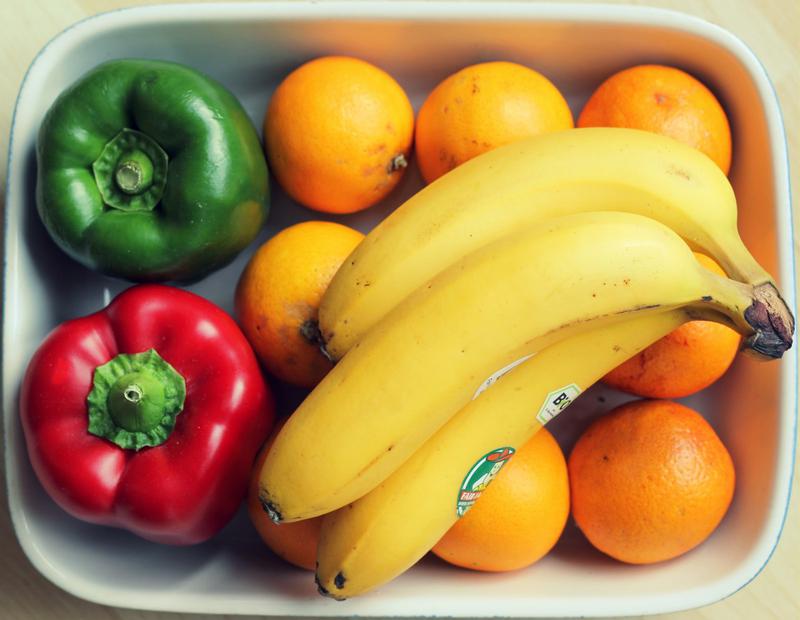Dietary tips for managing depression

Depression can impact our energy, emotions, and overall well-being.
While there’s no quick fix, making gradual improvements to your diet can help manage symptoms over time.
Here’s a guide to what you should eat and what to avoid to support mental health.
Foods to Eat for Battling Depression
- Packed with essential vitamins, minerals, and antioxidants, fruits and vegetables boost brain health and improve cognitive performance. They reduce oxidative stress and inflammation, contributing to better mental well-being.
- Foods like quinoa and oats provide complex carbohydrates that stabilize mood and energy. They also support digestion and blood sugar regulation, enhancing overall health.
- Lean proteins, such as fish, poultry, and tofu, are vital for neurotransmitter synthesis. They help regulate mood by promoting the production of serotonin, a key mood regulator.
- Rich in Omega-3 fatty acids, fatty fish like salmon and sardines improve brain function and reduce inflammation, helping to manage depression.
- Nuts and seeds are rich in fibre, healthy fats, and important minerals like magnesium. These nutrients support brain health, reduce inflammation, and provide antioxidants.
- Probiotic-rich foods like yoghurt and kimchi enhance gut health and the gut-brain axis, improving mood and cognitive function.
- In moderation, dark chocolate boosts serotonin and endorphin production, improving mood. It’s also rich in antioxidants that promote cardiovascular health.
Foods to Avoid
- Excess sugar can lead to energy crashes and mood swings, exacerbating symptoms of depression by increasing oxidative stress and inflammation.
- Refined carbs, such as white bread and pastries, quickly spike blood sugar levels and can contribute to mood swings and low energy.
- High in unhealthy fats and additives, processed foods increase inflammation, which is linked to mental health problems, including depression.
- Too much caffeine can cause anxiety, disrupt sleep, and lead to mood swings, all of which worsen depressive symptoms.
- Alcohol is a depressant that can alter neurotransmitter balance and negatively affect mood. Long-term use can lead to dependency and worsen anxiety.
- Common in fried and fast foods, trans fats promote inflammation and impair brain function, contributing to mental health issues.
While managing depression requires a multifaceted approach, making gradual improvements to your diet can significantly support mental well-being.
By incorporating these dietary changes, you can better manage the symptoms of depression and work toward a healthier, more balanced state of mind.
Image from Pxhere (Free for commercial use / CC0 Public Domain)
Image Published on March 08, 2017
Image Reference: https://pxhere.com/en/photo/1046827









